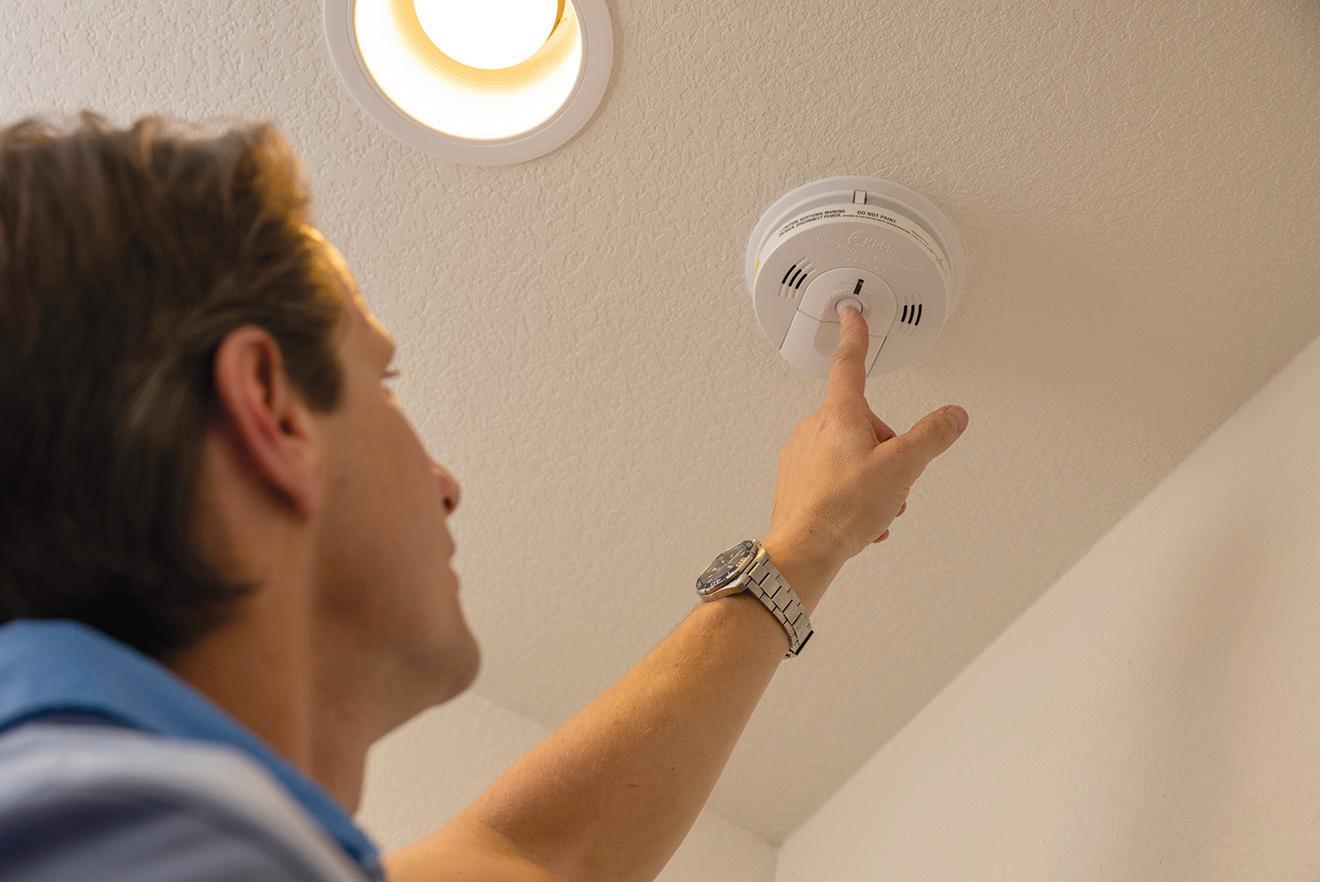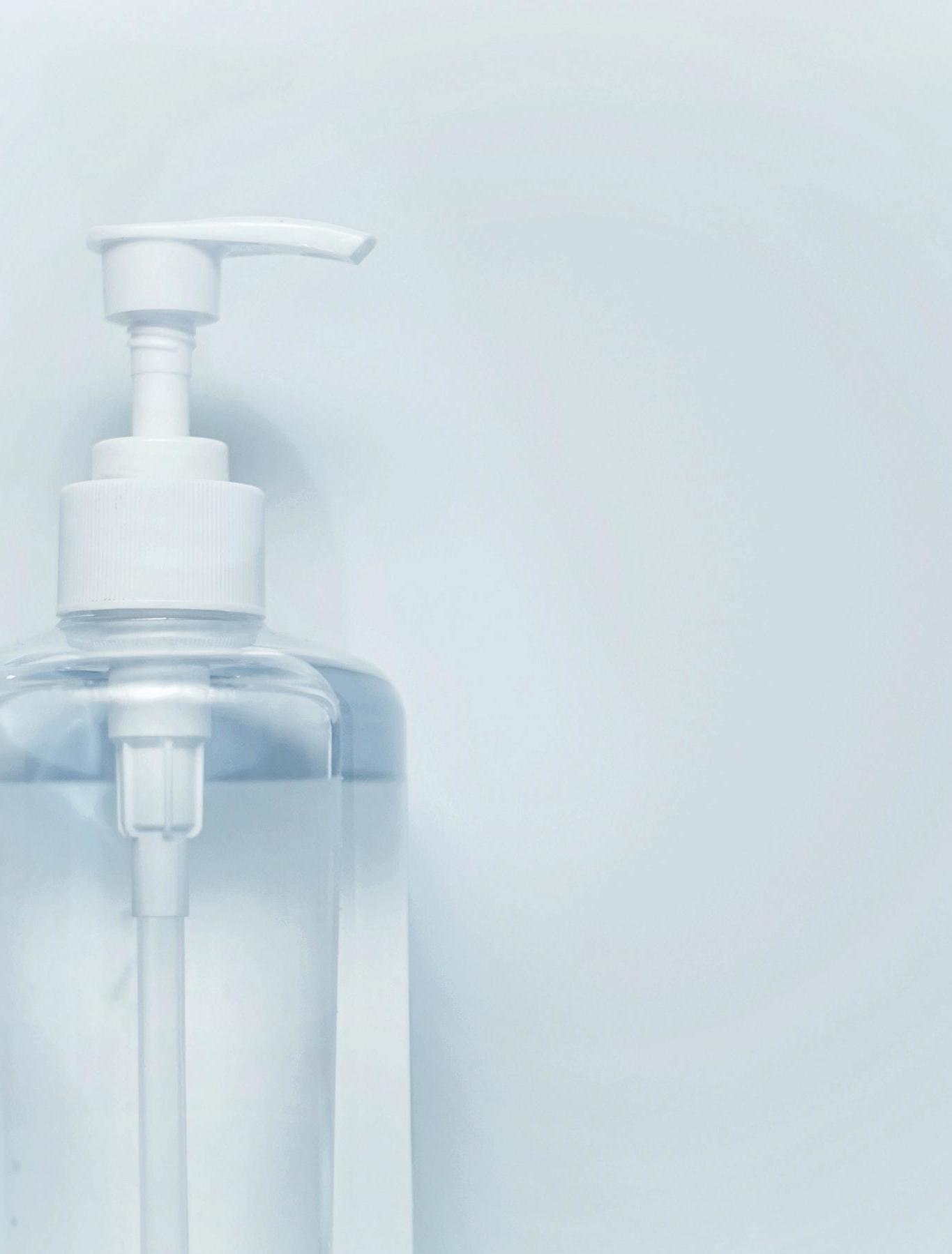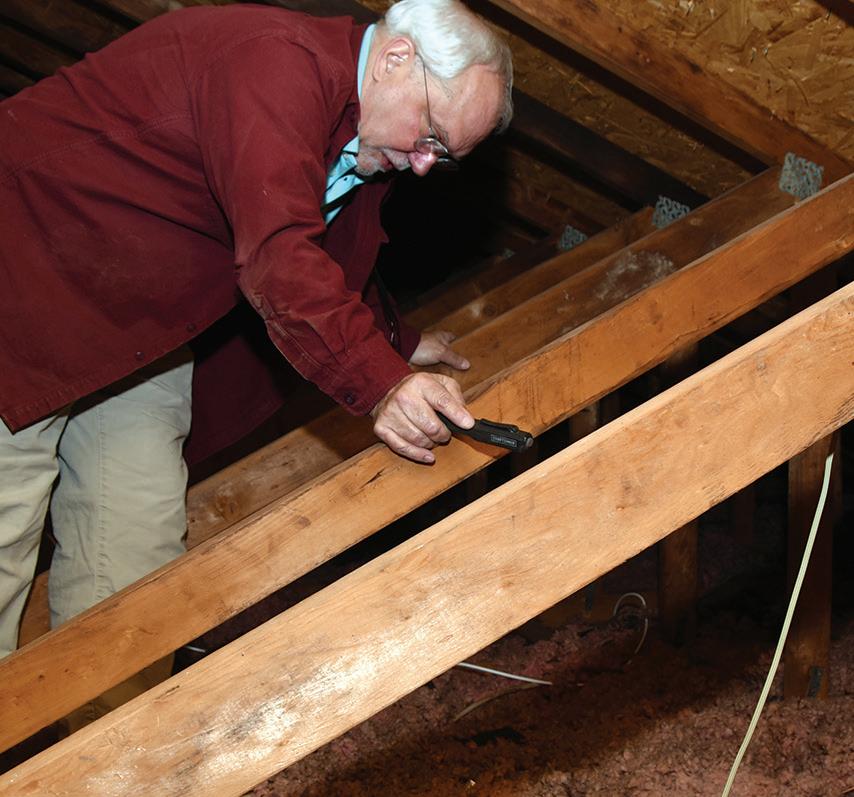
3 minute read
View from enchantment
Scams More Common in a Connected World
Our increasingly connected world is giving scammers more opportunities to connect with unsuspecting consumers. Local authorities, utilities, and other businesses are working overtime to keep people informed. They suggest that ‘if you see something, say something,’ is a vigilant adage that can help prevent you, your family, or your business from being victimized.
Unfortunately, in today’s world, scams are inevitable. Scammers can threaten you with everything from legal action involving the IRS to turning off power to your home.
Electric cooperatives are among the businesses and consumer organizations supporting Utilities United Against Scams (UUAS). The international consortium of electricity, natural gas, water and sewer providers, and trade and industry associations are sharing information on payment scams, identity theft, sales, and service schemes.
Imposter scams are the most common type of fraud reported to the Federal Trade Commission according to UUAS officials. Impersonators call homes and small businesses demanding payment for supposedly delinquent bills and threatening to terminate service.
The frequency of the incidents picks up during peak heating and cooling seasons, in part because consumers are most concerned when temperature extremes increase the urgency of maintaining utility service. The scams also increase during times of uncertainty like today.
Variations of the scams are also becoming more common. Rather than making an initial claim that a consumer owes an outstanding balance, some scammers are now claiming an overpayment is the reason for a telephone call to a consumer. They will make contact in an attempt to get banking information so they can process a refund.
There has also been an uptick in door-to-door scams by people claiming to represent utility providers like your electric co-op. Representatives knock or ring the doorbell offering to replace or repair a meter or other device, or solicit personal information to sign a consumer up for programs that could reduce their energy bills.
If someone comes to your home claiming to be an employee of the co-op that needs to collect money or inspect parts of your property, do not let the individual into your home. Call your co-op to verify the person is, in fact, an employee. If the person is not, call local authorities for assistance.
High-pressure demands are a common tactic in many of the schemes. Urging immediate decisions or actions, like immediate payment, particularly by a specific option like a gift card, wire transfer, cell phone, or third-party computer app, should raise serious concerns. Government agencies like the IRS will never call to inform you that you have unpaid taxes or other liens against you. You will always receive this type of information in the mail. If someone calls claiming to be the IRS, hang up immediately.
If someone calls your home or cell phone demanding you pay your electric bill immediately, gather as much information as you can from that individual, hang-up the phone and contact the local authorities. Scammers often use threats and urgency to pressure you into giving them your bank account number or loading a pre-paid credit or debit card. Your Co-op will never ask you to offer up personal financial information over the phone. If you have any doubts about your utility bill, contact your member payment center either in person or over the phone.
Utility-connected scams are common because utility services are so common. Lighting, heating, water, and sewage services are all essential to modern living, so any threat of service disconnections can provoke a lot of anxiety.
Always ask yourself, “does this look right or sound right?” Be on the lookout and stay safe everyone.










